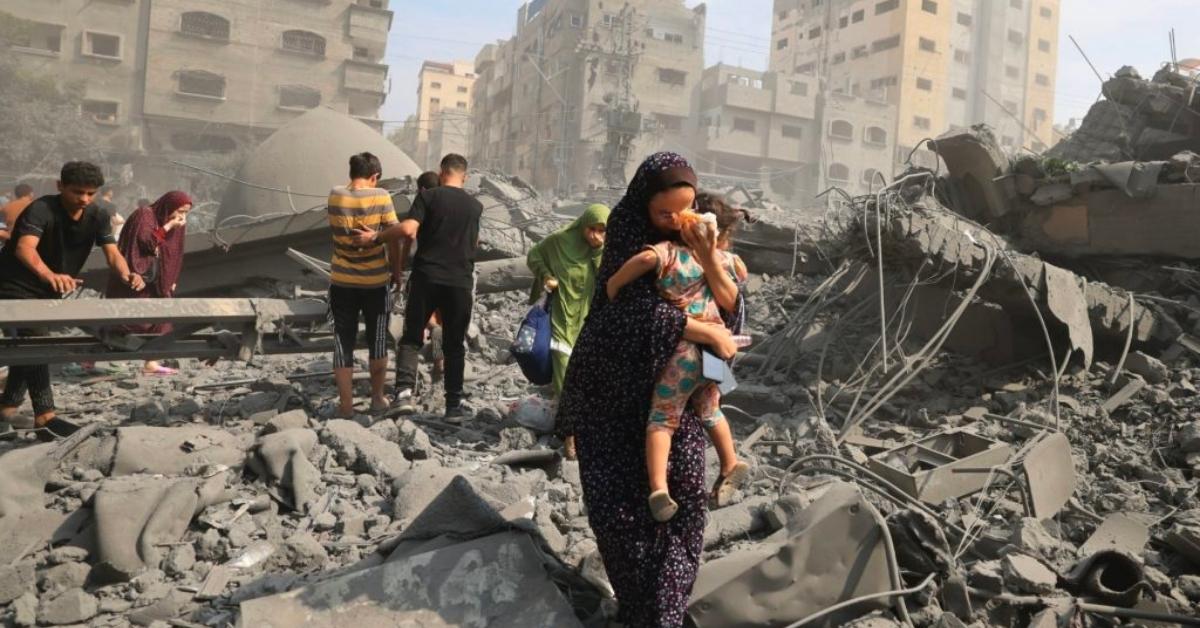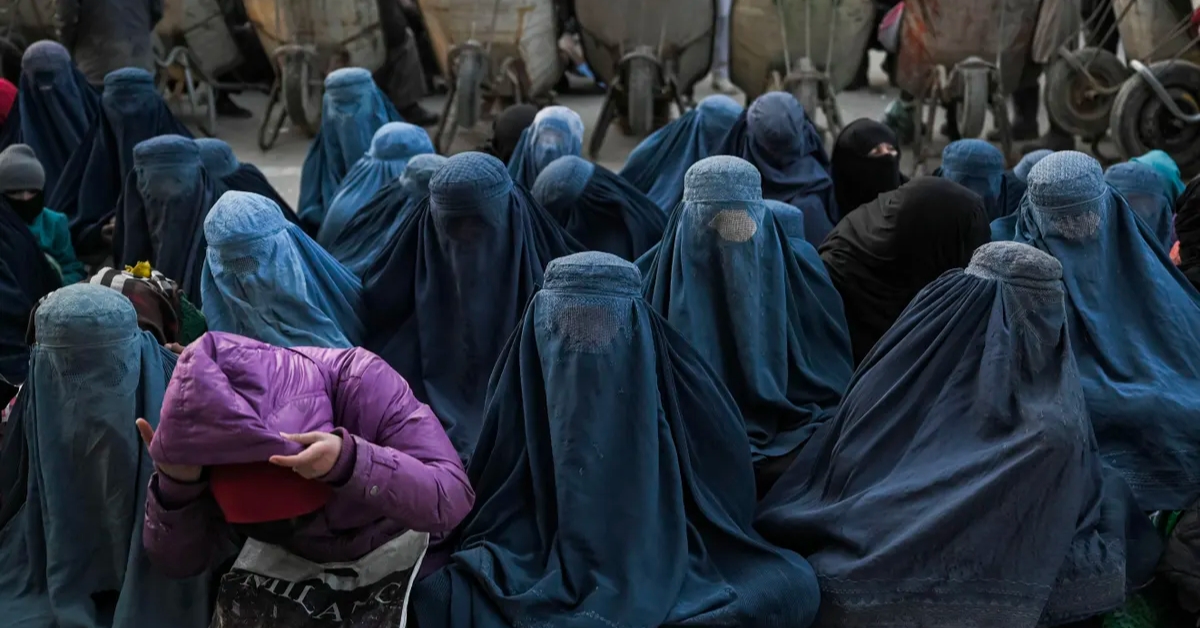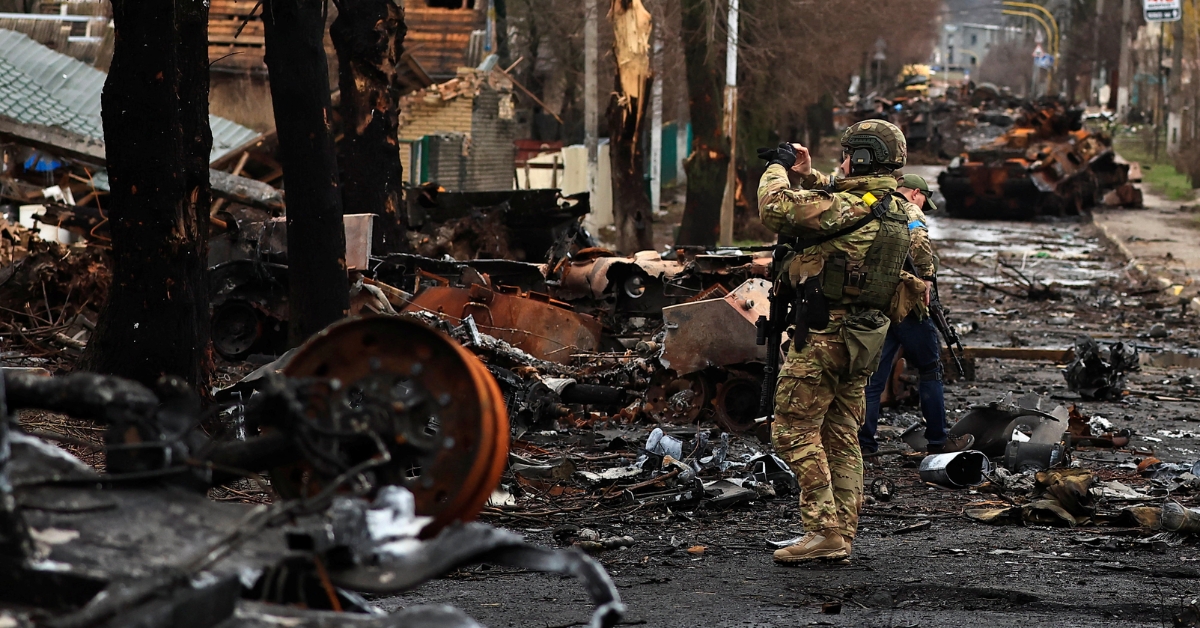Important Today
Israel and Hamas: Navigating the Laws of War
The recent events in Israel and Hamas have left the world grappling with a complex and emotionally charged situation. International law provides a framework to
Top Law Firms Approached to Rescind Navi Pillay’s Award
Top law firms have sparked a heated controversy by sponsoring the American Branch of the International Law Association’s 2023 Outstanding Achievement Award. Navi Pillay is
International Law

Navigating the Corporate Transparency Act: A Guide for Law Firm Operations
The Corporate Transparency Act (CTA) represents a notable stride in the ongoing evolution of U.S. corporate law. With its focus on illuminating the shadows where

Israel and Hamas: Navigating the Laws of War
The recent events in Israel and Hamas have left the world grappling with a complex and emotionally charged situation. International law provides a framework to

Top Law Firms Approached to Rescind Navi Pillay’s Award
Top law firms have sparked a heated controversy by sponsoring the American Branch of the International Law Association’s 2023 Outstanding Achievement Award. Navi Pillay is

UN Appeals for Gender Apartheid in Afghanistan for Women Rights
Roza Otunbayeva, the leader of the United Nations Assistance Mission in Afghanistan (UNAMA), recently raised concerns about the alarming situation in Afghanistan, particularly regarding women
Criminal Law

What Are The Federal And State Drug Laws?
Arming yourself with knowledge about federal and state drug laws will keep you informed on what to expect in case you’re charged with a drug-related

Which US States Have the Strictest and Least Strict Driving Laws?
Driving-related laws are always complicated. Driving in places where the laws are different from the one that issued a given license is a particular challenge.

The Gun Debate in the United States After Uvalde Shooting
Less than a month after a devastating school shooting claimed the lives of 19 children and two teachers in Uvalde, Texas, the gun debate in

Role of Criminal Law in Holding Russia Accountable for War Crimes in Ukraine
The conflict in Ukraine has witnessed widespread war crimes and crimes against humanity, which demand accountability and justice. Understanding the gravity of these international crimes


